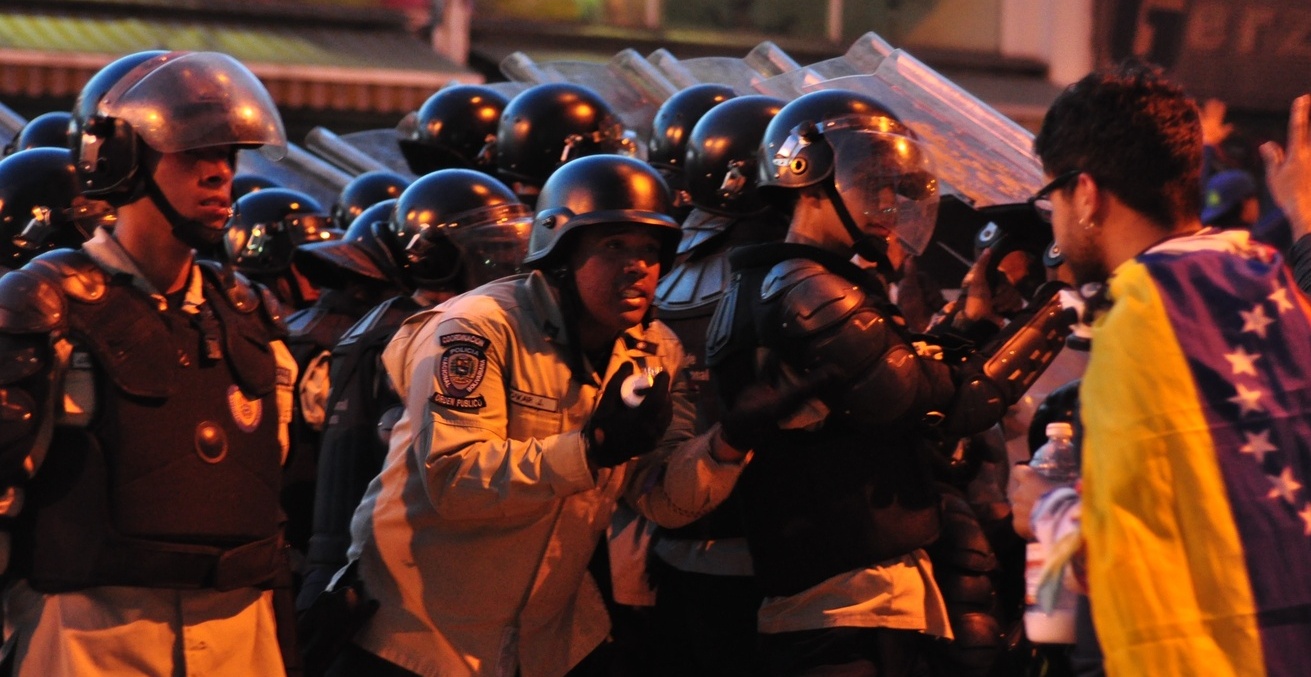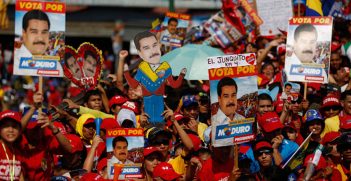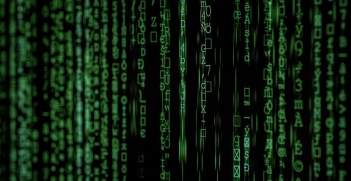Towards a New Approach in Australia to the Venezuelan Conflict

Venezuela has been dealing with an economic and political crisis for years. The Australian government must engage in a renewed approach to the conflict.
While this was given some attention in Australia during the peak of the crisis, between 2017 and 2019, this is no longer the case. However, the unfolding situation in Venezuela still deserves the attention of the Australian government, the media, and the public more generally. As the conflict changes over time, it is important to both keep track of, and react to, its evolving trajectory.
Shortly after Nicolás Maduro came into power in 2013, Venezuela’s economy began experiencing a dramatic decline. This was a result of dropping oil prices, ongoing corruption and mismanagement, and the collapse of the oil industry and other vital sectors in the Venezuelan economy. The economic crisis was entangled with a worsening political situation, as an emboldened opposition increased its pressure against the government, following its resounding victory in the 2015 parliamentary elections.
Since 2017, the country has experienced mounting protests, the unconstitutional creation of a constituent assembly in August 2017, and a fraudulent presidential election in 2018. All of this led to a constitutional crisis, with the president of the National Assembly, opposition legislator Juan Guaidó, announcing in early 2019 that the National Assembly no longer recognised Maduro as president. Guaidó also sought to restore the constitutional democratic order. This declaration received the support of the United States (US), the European Union (EU), the United Kingdom (UK), and other countries, including Australia, which recognised Guaidó as the legitimate president until free and fair elections were held.
As the US and its allies in the West and Latin America began putting pressure on Maduro, with the hope of achieving a democratic transition, the Maduro regime resisted at all costs. Subject to sanctions from several countries, and without much capacity to manoeuvre the crisis, the Maduro government systematically sidelined the constitution and began operating openly as an autocracy. This included increasing repression and surveillance of the population, incarcerating political opponents, banning political parties from running for office, and engaging in a wide range of human rights violations. The Maduro government also managed to start a modest economic recovery, leaving aside the strong socialist rhetoric that characterised the Bolivarian Revolution for so long, and created conditions for a local capitalist class (connected or not to the regime) to start investing again.
Other efforts made to facilitate dialogue between the government and the opposition have not been successful. The government has been able to take advantage of the opposition’s lack of coordination, frustration, and delegitimised leadership to hold elections and replace the Legislature in 2020, and then regional and local authorities in 2021. Moreover, the onset of the COVID-19 pandemic has allowed Maduro to further cement his authority by further demobilising opponents and providing a response to the virus that, despite being limited and haphazard, has helped him to reinvigorate the government’s eudemonic legitimacy. Finally, the pandemic made it harder for Venezuelans to migrate overseas – though the outward migration trend has now resumed. An estimate of over five million Venezuelans have left the country since the crisis started.
So, what can Australia do in response to the Venezuelan crisis as it stands today? The new Albanese government needs to reassess the situation and develop a grounded, nuanced, and principled approach to the Venezuelan conflict. This must reflect Australia’s ethos and interests, which supports democracy in Venezuela but is also sensitive to the impact the conflict has had on over 30 million Venezuelans, at home and abroad. To this end, the government can rely on the collective knowledge of a cross-section of academics, former and current members of diplomatic services, policy specialists, civic society, the business sector, and other actors who engage with Latin America on a regular basis, and especially with Venezuela. It is particularly important to engage with the needs and views of the 10,000 Venezuelans currently living in Australia, many of whom are Australian citizens or permanent residents.
On that note, it is important to take stock of the needs of Venezuelan Australians, most of whom have been directly or indirectly impacted by the conflict for years and need the backing and support of the Australian government in different ways. Many Venezuelan Australians continue to support family in Venezuela, including aging parents and other close relatives who have no viable way of making a liveable income . Venezuelans in Australia often do this without being able to travel or bring their relatives to Australia. They have also incurred significant losses as a consequence of the collapse of the Venezuelan economy, with some assets being worth less than ten percent of their value prior to the crisis. Many Venezuelan Australians and their families have endured the equivalent of what other citizens and residents coming from countries that have recently experienced devastating crises endure. There should be a recognition that this is the case and programs developed that support them.
Additionally, it is important to continue efforts to support the transition to democracy in Venezuela. Australia’s support and position, with respect to both the Maduro regime and the opposition’s effort to restore democracy, need to be continuously monitored and, when needed, revised or adjusted depending on Australian interests and the best interests of Venezuelan citizens. Setting aside the question of whether the Albanese government should stop recognising Juan Guaidó as interim president or tacitly recognising Maduro at some point as chief executive, there is more that can be done to support the protection or restoration of liberal democratic conditions. This might include supporting different organisations involved in assisting Venezuelans at home and abroad or assisting with the development and implementation of programs to assist those who live in Venezuela and are engaged in preserving fundamental freedoms in an authoritarian context – including journalists, academics, and civic society activists, many of whom are harassed or repressed for their work.
Although a democratic transition in Venezuela has become harder to achieve, Australia should still side, without reservations, with democracy and the rule of law. Australia must bear in mind that the main impact of the crisis has been on Venezuelans at home and abroad, including thousands of Venezuelan Australians and act accordingly.
Raul A. Sanchez Urribarri is a Senior Lecturer in Crime, Justice and Legal Studies at La Trobe University.
This article is published under a Creative Commons Licence and may be republished with attribution.





